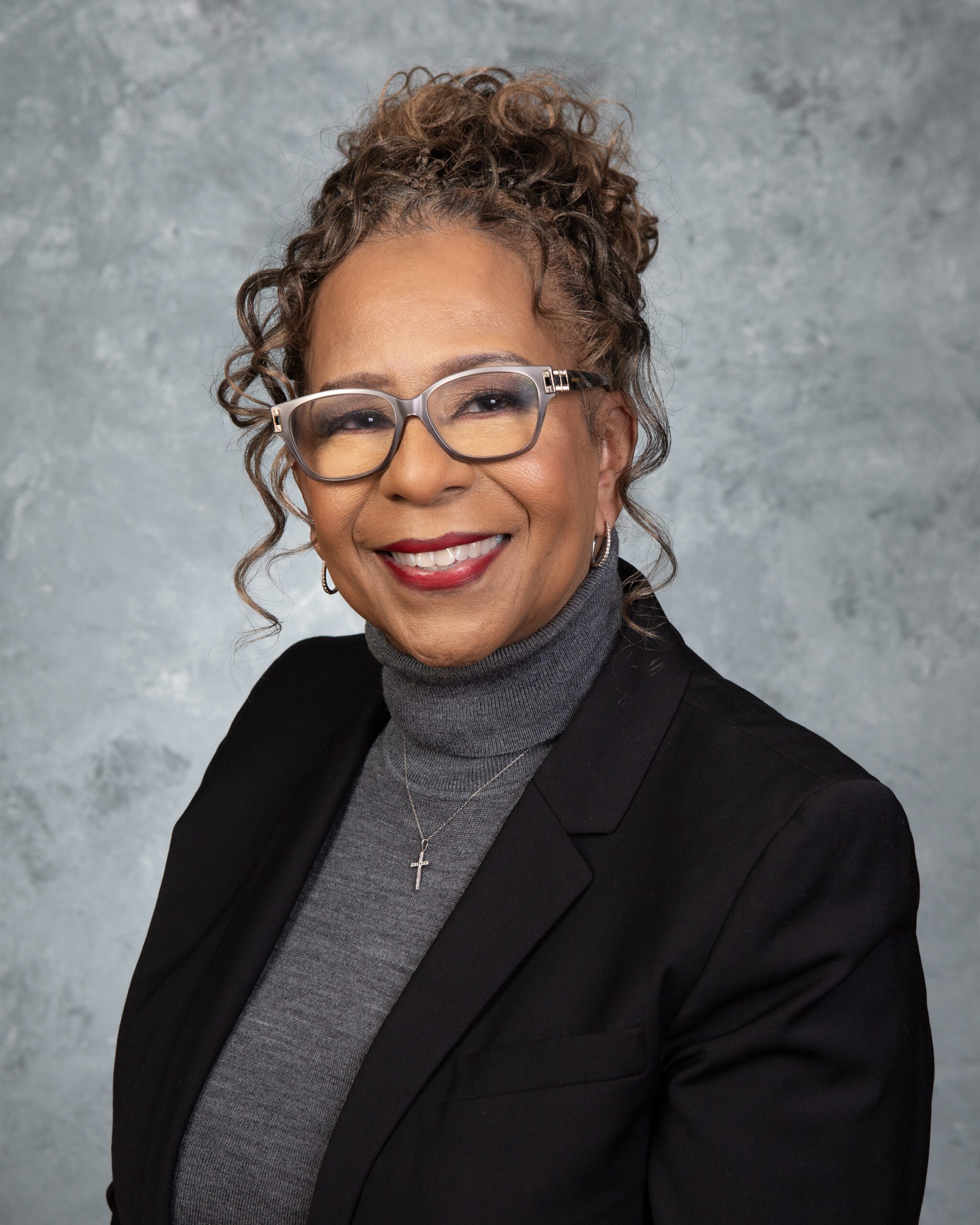Want to help local foster care kids; let CASA of Southeast Texas teach you this Wednesday
Published 12:40 am Saturday, October 3, 2020

- Meagan Conway McCurley is the executive director of CASA of Southeast Texas.
|
Getting your Trinity Audio player ready...
|
Approximately 1,973 children and youth are reported as missing from foster care in any given year, according to an annual report from the Department of Family and Protective Services.
In many cases, “missing” in reality means they have run away. Running away from foster care puts youth at risk of many dangers, including abduction, physical harm, exploitation, homelessness, substance use and more.
Some of the reasons youth give most frequently for running away, according to Protective Services, are anger at the foster care system, dissatisfaction with rules of their placement, the desire to be on their own and wanting to see their family.
They are also more likely to run away from highly restrictive placements, such as residential treatment centers, emergency shelters and therapeutic foster care.
Meagan Conway McCurley executive director of CASA of Southeast Texas, said children don’t understand the dangers of running away.
“They are searching for safety, security and acceptance, and doing what they feel is the only thing in their power to get out of a situation they don’t like,” McCurley said. “Youth in foster care need stability, someone in their corner and someone to listen and understand. They need a CASA volunteer speaking up for them and their best interest.”
CASA volunteers (Court Appointed Special Advocates) are members of the community who are trained and appointed by judges to advocate in court for children in the child welfare system.
They get to know the children and everyone involved in their lives, such as their parents, family, foster parents, teachers and therapists, so that they can make informed recommendations to the court in their best interest.
They also work to make sure children can safely stay connected to their families and are surrounded by a network of supportive, caring adults.
No child wants to be in foster care, McCurley said.
“Too often, they’re placed far away from everyone and everything they know,” she said. “We want to be there for these children and make sure they are connected to the services and support they need. By making sure these children’s voices are heard, our CASA volunteers can build trust with them and help reduce the risk of risky behaviors.”
Children who have a CASA volunteer are more likely to receive more services while they are in the custody of the state, creating a bigger support structure for the child.
Teenagers who have a CASA volunteer to support them are less likely to run away while in foster care.
“The caring adult relationship CASA volunteers provide is critical to helping youth in foster care stay safe and avoid homelessness, teen pregnancy, unemployment, substance use and more,” said McCurley. “By advocating for them and making sure they have the resources and support they need, we can help fill the gap that drives these kids to leave in the first place.”
CASA volunteers help keep children safe.
For more information, attend the next information session at 6 p.m. Wednesday via Zoom or visit www.casasetx.org.





